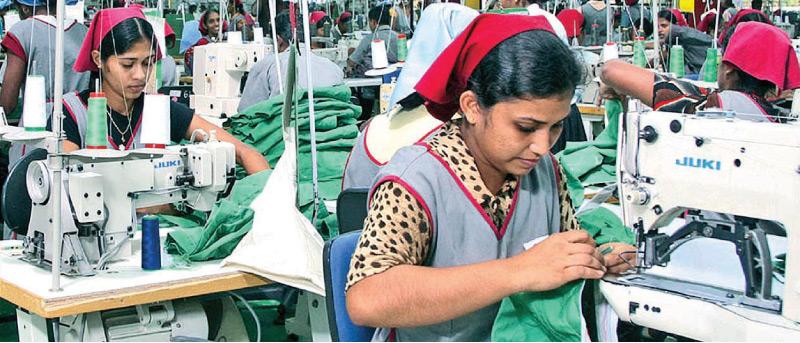
As in many countries in the world, in Sri Lanka too the private sector is a key stakeholder in economic development. The private sector provides much contribution to the national income and is also a primary job creator in the country, providing almost 90% of employment. As per Government statistics in 2018, the total number of private sector employees was 8.3 million, contributing to tax revenues and the flow of capital. In comparison, public sector employment is approximately over 1.1 million in Sri Lanka. Hence, private enterprises are the main representatives in providing funds, developing a competitive edge and innovation which are vital elements for the growth of an economy.
The private sector takes huge entrepreneurial risks for income generation in the challenging and swiftly changing local and global economic environment. Strong flexibility displayed by Sri Lanka during the post civil conflict period in the face of global volatility has been compromised within the past five years, bringing the economic growth to an alarmingly low degree. Hence, the new Government’s plan to encourage the private sector will play a major role in sustaining economic growth and development.
The entry of youth to the labour force requires constant creation of new employment where the private sector can play a pivotal role. This is a challenge that has to be met with a vision and a proper plan. Entrepreneurship is the best remedy to provide vocational training to build a skilled labour force. It is fair to note that many large private entities with strong financial surroundings are already engaged in these practices. These private enterprises have provided in-house training and skills development programs to enhance the competency of the respective workforces in line with industry needs.
Sri Lanka was made an upper middle - income country by the World Bank which concentrates on developing strong private sector institutions in order to benefit the citizenry. According to a World Bank report, Sri Lanka’s economy is transitioning towards a more urbanized economy oriented around manufacturing and services. In addition, the report points out that the social indicators rank us among the highest in South Asia.
At this crucially important juncture, the assistance of the new Government by way of pragmatic policies, investment assistance, infrastructure development and human resources development is imperative to be an effective middle income country.
The northern region can provide enormous resources to provide an additional boost. In the immediate post conflict period, the then Government of President Mahinda Rajapaksa took many measures to encourage private sector ventures, both foreign and domestic, in an effort to resurrect the economy in the North and the East. Many state led projects were planned and commenced, and to support these projects, the then Government provided infrastructure development such as electricity and road network in the region. Unfortunately, some of these projects were either abandoned or compelled to discontinue due to lack of continuous support. On a positive note, the new Government seems to focus on some of these abandoned projects together with a few new developments in the northern region.
An objective of the private sector is to facilitate the transfer and spread new business technology to encourage small and medium scale enterprises, which is identified as the largest contributor of the sector. Although most of major players in the private sector practise the latest technology, a majority of the small and medium entrepreneurs are still falling behind in this vital aspect. Therefore, it is imperative for the Government to initiate action plans to educate the two lower scale business entities to use modern technology to increase productivity.
The private sector has the strength and is best equipped to use technology to enhance productivity much more than the public sector. Development in technology in areas such as health, education, and infrastructure can contribute towards economic growth in the long run.
One of the biggest challenges the private sector faces is lack of labour, particularly in minor employment categories and companies too are starved for skilled labour. There is a clear mismatch between the available and required skills in the private enterprises. Approximately, over 5,000 employment vacancies are collectively being advertised in newspapers and employment websites by private business entities and job agencies, weekly. It is not easy to recruit candidates ideally suited to the available vacancy. Therefore, employers have no option but to recruit the available candidate.
There are over a million private micro, small and medium scale entrepreneurs in Sri Lanka with over a three million workforce in the private sector. An increase of 20 or 30 per cent minimum improvement would make an enormous difference to the economy. President Rajapaksa’s manifesto pays a great deal of interest towards the SMI sector.
The manifesto promises encouragement for value added activities as a priority. Along with these policy enhancements, the Government plans to provide the capital requirement via SMI loan schemes through state and private Banks.
The President has addressed the many grievances in the private sector such as salary anomalies, labour legislations on EPF contributions, Workmen’s Compensation Ordinance, Industrial Dispute Act and so forth in order to provide the best environment for the average private sector employee. Millions of private sector workers will appreciate the introduction of the contributory pension scheme promised in the manifesto. This scheme will be treated as the pinnacle of all activities related to the all important human resource of the whole private sector.
